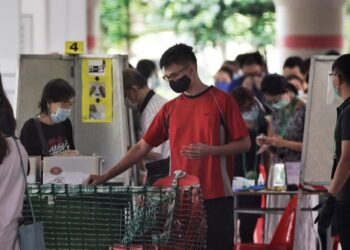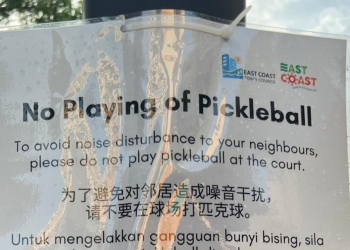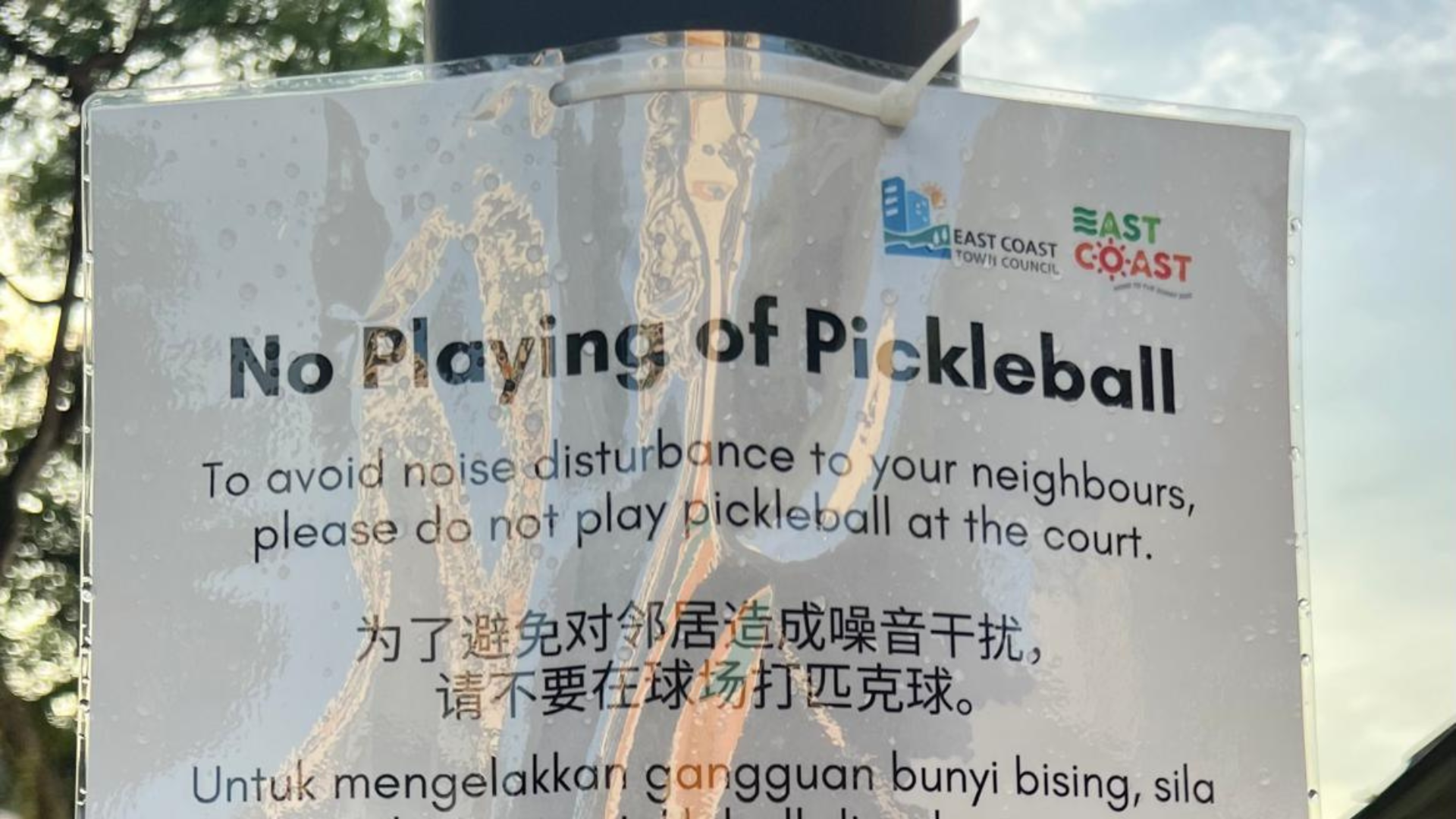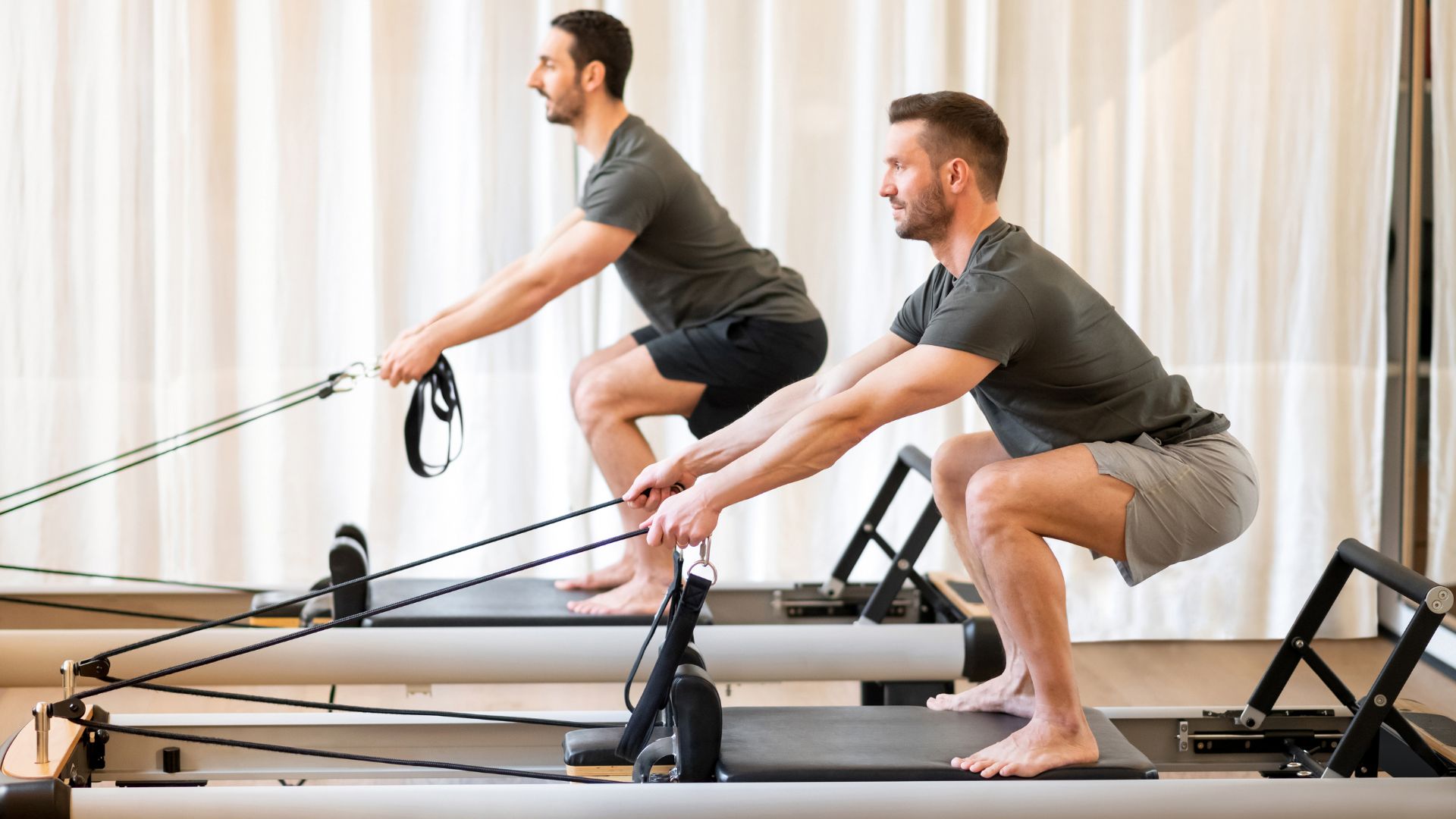You’ve probably heard (and read) about it before — the pandemic is causing many of us to experience burnout. It’s a phrase that’s commonly thrown about by tired employees, but what does it really mean?
According to the World Health Organization (WHO), burnout is “a syndrome conceptualised as resulting from chronic workplace stress that has not been successfully managed”, and is characterised by three dimensions:
- feelings of energy depletion or exhaustion;
- increased mental distance from one’s job, or feelings or negativism or cynicism related to one’s job; and
- reduced professional efficacy
The reasons for burnout aren’t exactly new either. Long working hours, blurred lines between work and rest are typically the main culprits for this occupational phenomena. The problem seems to be extremely pervasive in Asian societies as well, with the notorious “996” culture (9 a.m. to 9 p.m., six days a week) in China’s tech companies, and the Japanese concept of “karoshi”, which means death from overwork.
Unfortunately, Singapore isn’t too far behind our fellow Asian workaholic counterparts. A survey done in 2019 revealed that Singaporean workers experience one of the highest rates of burnout in the world, with one in eight describing their stress as unmanageable. In addition, Singaporeans also work 23% longer than the average 48-hour work week.
What’s interesting here is that the results here are pre-pandemic statistics, indicating that we were already stressed out even before COVID-19 hit our shores. One can only imagine the increased stress on employees as a result of the pandemic.
Why is this so?
Personally, what I think is perhaps one of the biggest culprits of burnout is perhaps the unspoken norm that workers should not leave their office before their managers. Some managers also tend to associate long working hours with better work performance — which causes employees to feel that they need to pump in more hours at work to “show” their diligence, a phenomenon that has been coined presenteeism.
Like the term suggests, presenteeism occurs when an employee stays in the office for longer than necessary to give bosses the impression that the employee is being diligent, usually stemming from a fear of not appearing hardworking or productive enough.
Technology is also another perpetrator of burnout amongst employees, as the ease of which one can access one’s work emails, and answer work-related messages while out of office have caused the lines between work and rest to be blurred — even more so when we’re working in the comfort of our bedrooms.
It affects all of us, actually
In some early research about how millennial employees react to burnout, they found that emotionally exhausted millennials are more likely to feel dissatisfied, and want to leave their jobs, as compared to the generation above theirs (Gen X).
Sarah*, 25, realised that taking on additional tasks at work when the pandemic hit has caused her to constantly feel stressed out, and has decided to take a break from work for the sake of her mental health. “I know that times are hard, and it may seem like an unwise decision to choose not to work at a time like this, but I would rather take this step now to protect my well-being, than have to deal with a much larger snowball effect later in life. I know that I need to start saving for marriage and a house — that stresses me out too — but for now I’d like to take care of myself.”
While doing my research, I came across a myriad of articles that discussed the impact of millennial burnout, why millennials are known as the burnout generation, the list goes on. Yes, we millennials definitely have a lot to navigate, especially when it comes to “adulting”, but that doesn’t mean that Gen X-ers have it easy, either.
Peter*, 54, is a sales manager, who has been working in the same firm for more than 20 years. He’s had his own experience of being burnt out, but sees it differently. “Yes, I’m tired, and some bosses are difficult to deal with, sometimes there’s also difficult clients to deal with. But it’s not like I have a choice. I know that I have my responsibilities as an employee [in the company], and I have the responsibility of being a father, and a son. I can’t just quit my job when things get tough. I just have to soldier on.”
Younger workers might feel the stress from having chart their career path, start saving for marriage, housing and retirement, but older workers definitely have their own stresses too. It’s safe to say that at the end of the day, we all have our own struggles.
Is there a solution?
To alleviate the problem, Carys Chan and Shea Fan, lecturers at RMIT University recommend detecting burnout symptoms as soon as possible, and seek relevant medical help if needed. They also recommend that employees speak to their managers about their health concerns, so that adjustments can be made to work schedules and responsibilities.
But most importantly, employees need to take control of their lives and create more autonomy for themselves, as it might sometimes be difficult to voice their concerns about workload to their employers.
Of course, that’s not all. It’s also important to ensure that the other aspects of our lives, such as our social needs are being met as well. Other effective ways to combat burnout is to reconnect with our friends and family, and ensure that we get quality social time with them. This could be done over a common activity, or through weekly meals.
Starting small is still a good start
That’s not to say that I’ve got it all sorted out as well. I still feel the occasional strain from work, and I still find myself working after hours, but one thing I’ve been consistently doing is to make sure that I find pockets of time to engage in social or physical activities that help to relieve some of the stress.
With 2021 soon approaching, and COVID-19 still in our midst, let’s all try to take better care of ourselves — not just physically, but emotionally and mentally as well.
*not their real names
Join the conversations on THG’s Facebook and Instagram, and get the latest updates via Telegram.




























